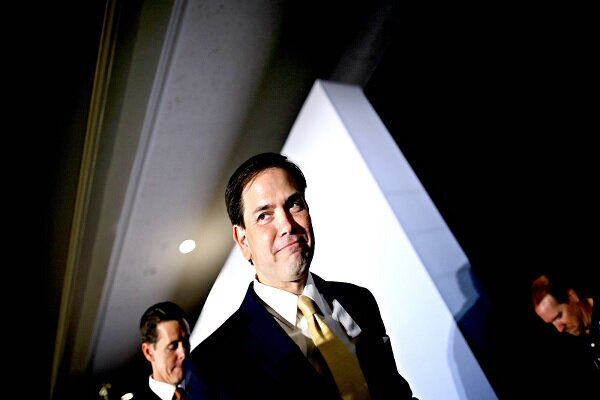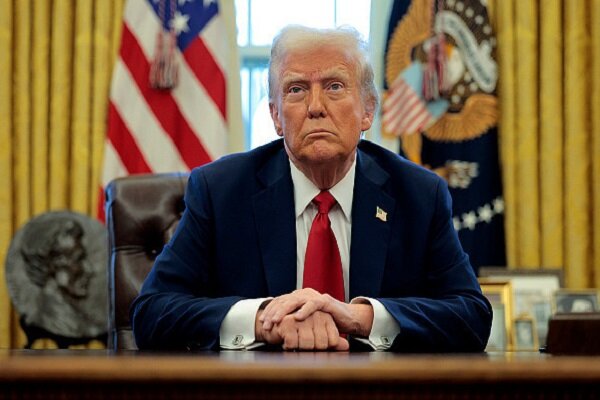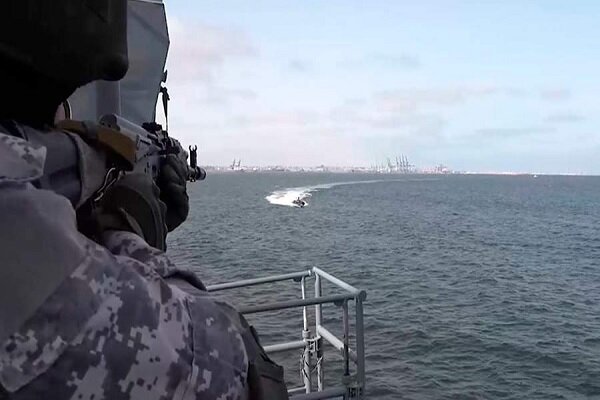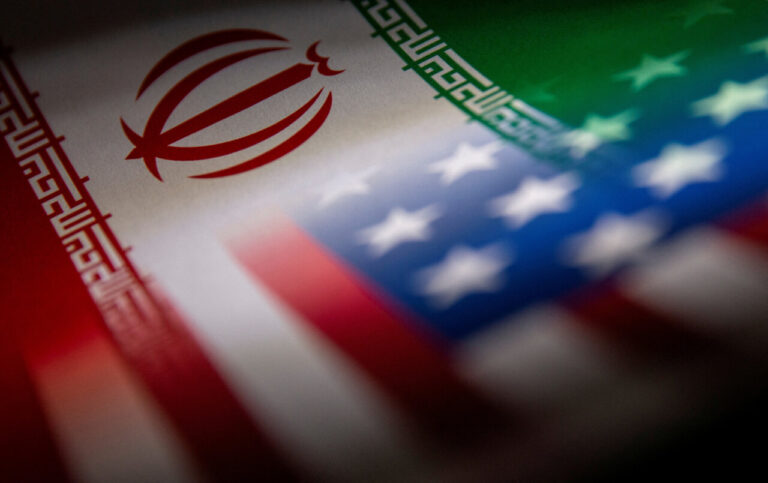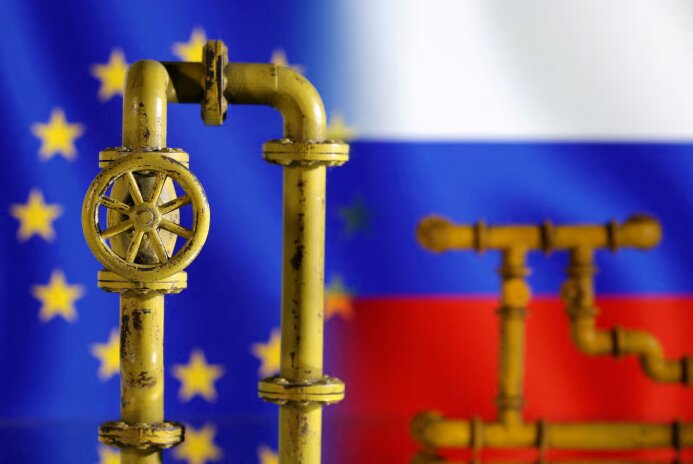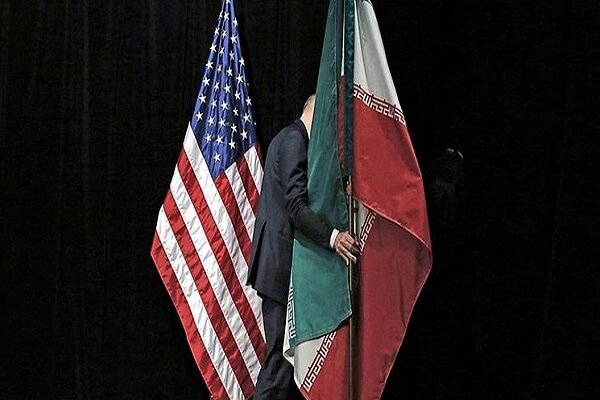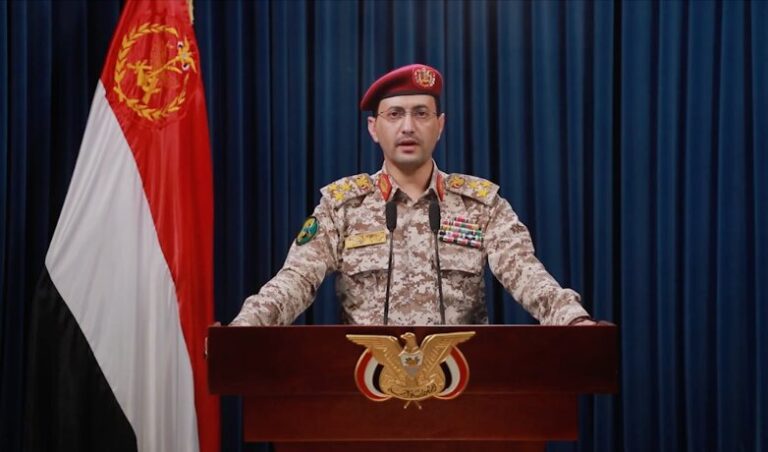Rubio Urges E3 Nations to Activate Snapback Sanctions on Iran
In a crucial turn of events regarding Iran’s nuclear compliance, U.S. Secretary of State Marco Rubio recently emphasized the need for European nations to make a pivotal decision regarding the snapback of sanctions. This discussion follows Rubio’s talks with European counterparts in Paris, highlighting Iran’s alleged non-compliance with the current nuclear deal.
According to a report by AFP, Rubio stated, “Well for the Europeans they have an important decision to make very soon on the snapback of sanctions because Iran is clearly out of compliance with the current deal.”
Rubio’s remarks come in the context of growing concerns over Iran’s nuclear capabilities. He noted, “As you saw, the IAEA was in Tehran yesterday, uh, issued public statements saying Iran is as close as it’s ever been to nuclear weapons,” further underscoring the urgency of the situation.
The discussions among European leaders, particularly the E3 (Germany, France, and the United Kingdom), revolve around the following key points:
- IAEA Reports: Rubio anticipates that the IAEA will soon release a report indicating not only that Iran is out of compliance but also that it is dangerously close to developing nuclear weapons.
- Decision on Sanctions: The European leaders face a critical decision regarding the reimposition of sanctions if Iran is confirmed to be out of compliance.
- Importance of Dialogue: Rubio emphasized the necessity of discussing these issues prior to the upcoming talks scheduled for Saturday.
Rubio’s statements reflect heightened tensions in the international community as the U.S. and Iran prepare for their second session of indirect negotiations concerning the Iranian nuclear program and the potential lifting of sanctions. The backdrop of these discussions includes the historical context of U.S. involvement in the region.
In May 2018, during his first term, U.S. President Donald Trump made a significant policy shift by withdrawing the United States from the 2015 landmark nuclear deal known as the JCPOA (Joint Comprehensive Plan of Action). This agreement initially imposed restrictions on Iran’s nuclear program in exchange for sanctions relief.
Following the U.S. withdrawal, Iran began to roll back some of its commitments to the deal, leading to increased scrutiny from the international community. Iran maintains that its nuclear program is aimed at peaceful purposes, including generating energy, pharmaceuticals, and agricultural uses.
As the situation develops, the role of the UN nuclear watchdog (IAEA) becomes increasingly critical. The IAEA has been monitoring Iran’s nuclear activities, and their findings will likely influence the future of international sanctions and diplomatic negotiations.
In conclusion, with tensions escalating and critical decisions looming, the diplomatic landscape regarding Iran’s nuclear program remains complex and fluid. The actions taken by European leaders in response to the situation will be pivotal in shaping the future of international relations concerning nuclear proliferation and sanctions enforcement.
As the discussions unfold, it is essential for the international community to remain vigilant and engaged, ensuring that all parties adhere to their commitments and work towards a peaceful resolution.
